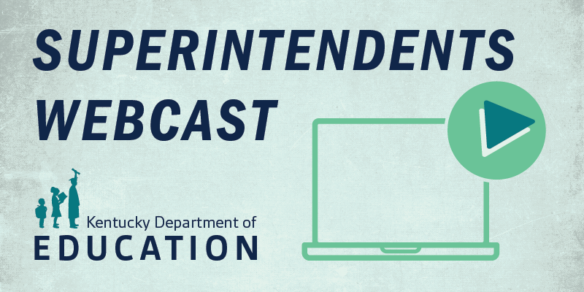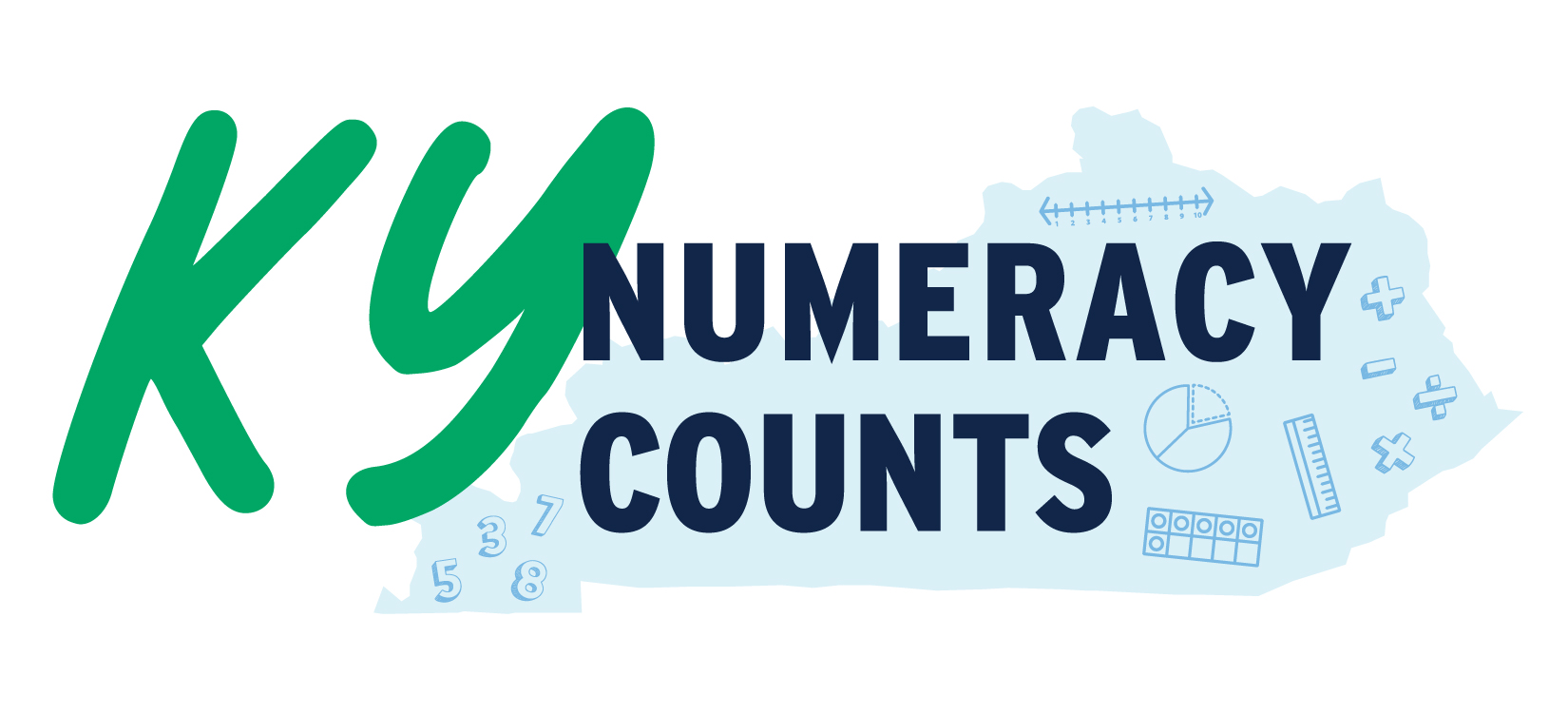
A program designed to keep kids fed during the COVID-19 pandemic will be changing soon, superintendents were told during the Kentucky Department of Education’s Superintendents Webcast on May 22.
The federal Pandemic Electronic Benefit Transfer (P-EBT) program was introduced as part of the first Coronavirus Response Act of 2020 to provide reimbursements to children and families who did not have access to free or reduced-price school meals during the pandemic. Since the federal coronavirus emergency ended on May 11, the Kentucky Cabinet for Health and Family Services (CHFS) will stop issuing the benefits automatically after the conclusion of the current programs.
“We want to make sure that kids get fed,” said CHFS Secretary Eric Friedlander. “We want to make sure that you have healthy kids that come into your classrooms, and this is one of the ways I think we can partner together to make a difference for them.”
Parents or guardians will need to apply for P-EBT via an online application, and school districts will need to verify the absences due to the pandemic were excused. Applicants are required to enter the child’s social security number, other identifying information, and the number of days missed due to COVID-19.
An instructional email requesting the names and email addresses of district administrators will be sent soon with a two-week deadline to return the information in order to streamline the verification process.
Kentucky has provided more than $3.3 billion in food assistance to Kentucky’s children as part of the program since March 2020, said CHFS Acting Commissioner Lesa Dennis. Public and private school students who are eligible to receive free and reduced-price meals and meet other eligibility requirements may qualify for the program.
Legislative Guidance on Senate Bill 5
State lawmakers passed Senate Bill (SB) 5 during the 2023 regular session, which requires local boards of education to adopt a complaint resolution policy to address complaints submitted by parents or guardians alleging that material, a program or an event that is harmful to minors has been provided or is currently available to a student enrolled in the local school district who is the child of the parent or guardian.
Katrina Kinman, director of policy at the Kentucky School Boards Association, said school boards need to have a policy in place by July 1, so they may need an emergency reading to get that approved.
Only parents or guardians can file a complaint regarding materials, programs or events deemed as “harmful,” per SB 5, Section 1, made available to their child. The school principal is first charged with reviewing the complaint and taking reasonable steps to investigate the allegations. Appeals to the principal’s determination are subject to the local board of education.
Guidance on recent laws passed with an emergency clause, meaning they took effect immediately, can be found on the KDE 2023 Legislative Guidance – Emergency Bills webpage. Specific information about Senate Bill 5 can be found in the KDE Senate Bill 5 (2023) Supplemental Guidance document. The guidance on all additional legislation will be posted the week of June 5 ahead of the effective date of June 29.
In other business:
- The Kentucky Department of Education’s Office of Teaching and Learning went over Phase 2 of Language Essentials for Teachers of Reading and Spelling (LETRS), which is open for registration now. For more information, see the LETRS for K-5 Educators Phase 2 Registration form or the LETRS for Administrators Phase 2 Registration form. KDE has allotted $10 million in American Rescue Plan (ARP) Elementary and Secondary School Emergency Relief (ESSER) funding to support LETRS, an evidence-based training that provides educators with professional learning grounded in reading research.
The next Superintendents Webcast is scheduled for June 20.




Leave A Comment